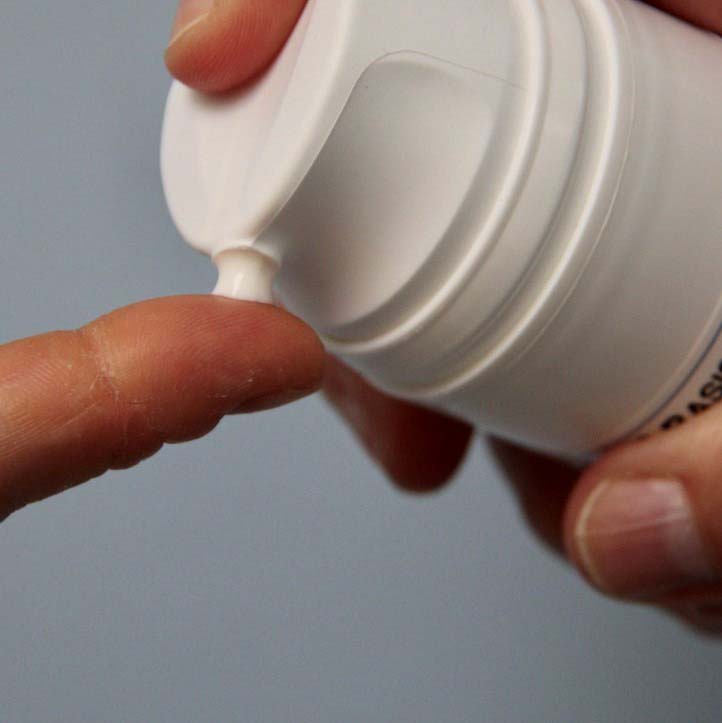Moisturizers
Why Moisturizers?
Moisturisers increase the water content (hydration) of the stratum corneum (top layer of the skin) which fills the spaces between partially desquamated skin flakes and makes the skin appear smoother. In normal skin there is minimal water loss through the epidermis to the surrounding atmosphere. Due to damage to the skin barrier, young and inflamed scars have higher amounts of water loss; this is increased by dry skin. There is a wide range of over-the counter moisturisers available, some products claim to reduce the appearance of scars.
For newly healed wounds and scars that are exposed to sunlight it is vital to use a moisturiser with SPF protection. Because the melanocytes (pigment-cells) are unbalanced and fragile in these areas, they can over-react to normal sun exposure. This can cause the new skin or scar to become permanently darker in colour (hyperpigmented).
Main improvements
Multiple studies show that moisturising scars can have significant benefits:
- Reduced itch. Not all hydrating creams are equally effective at reducing itch.
- Reduced excessive scarring. Hydration (moisturisation) reduces the triggering of collagen production.
- Reduced water loss through the top layer of the skin.
- Improved pliability (flexibility of the scar).
Adverse effects
Reported adverse effects are mainly due to allergies:
- Propylene glycol is a known skin allergen and was found in 20% of moisturisers.
- Fragrances are found in almost 70% of moisturisers. Parabens, which are preservatives are found in 60% of moisturisers. These ingredients can cause skin sensitivities.
- Irritation – itch/pain
- Redness around the area of application
Recommendations
Moisturising is suggested for all types of scarring after wound healing. Apply the product with care, follow any product instructions. Make sure the cream is pressed or massaged fully into the skin and that any cream previously applied is removed/cleaned away before more cream is applied. Moisturisers can be more effective when they are used with occlusion therapy (e.g., silicone gels).
For all areas where the new skin or scar is exposed to the sun, use a high factor SPF that suits sensitive skin. Continue with careful sun protection of the area, especially for the first 2 years post injury.
F.A.Q.


